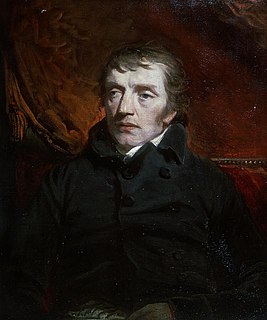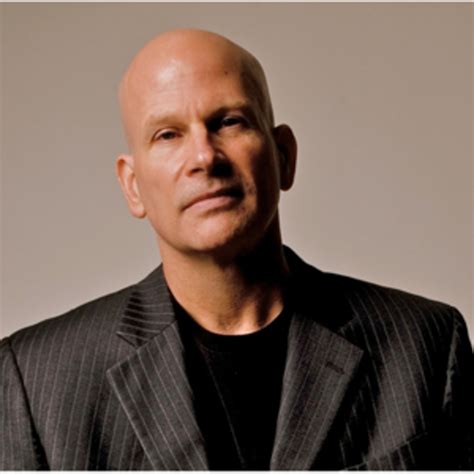A Quote by Ralph Waldo Emerson
Pride ruined the angels,
Their shame them restores;
And the joy that is sweetest
Lurks in stings of remorse.
Related Quotes
Despite their differences, pride, shame, and guilt all activate similar neural circuits, including the dorsomedial prefrontal cortex, amygdala, insula, and the nucleus accumbens. Interestingly, pride is the most powerful of these emotions at triggering activity in these regions - except in the nucleus accumbens, where guilt and shame win out. This explains why it can be so appealing to heap guilt and shame on ourselves - they're activating the brain's reward center.
Faeries are fallen angels," said Dorothea, "cast down out of heaven for their pride." "That's the legend," Jace said. "It's also said that they're the offspring of demons and angels, which always seemed more likely to me. Good and evil, mixing together. Faeries are as beautiful as angels are supposed to be, but they have a lot of mischief and cruelty in them. And you'll notice most of them avoid midday sunlight—" "For the devil has no power," said Dorothea softly, as if she were reciting an old rhyme, "except in the dark.






































